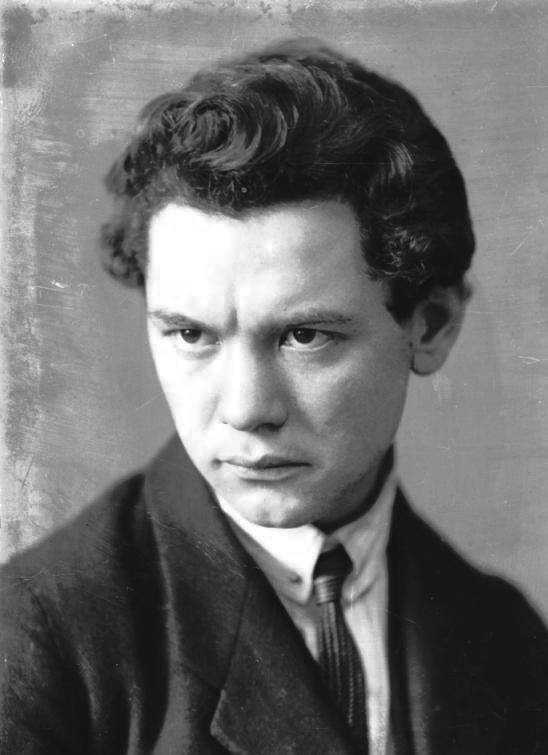Attila József
Internet Archive
(1905–1937)

Biography
One of Hungary's most famous poets, introduced into the current school curriculum after World War II. He lived most of his life in extreme poverty and struggling with a mental illness diagnosed at the time as schizophrenia (and today mostly acknowledged as BPD). Early participant of anarchist and radical movements. He became acquainted with Marxism and the illegal communist movement during the Great Depression, specifically the 1930 September workers' protests in Hungary and remained active until his 1933 exclusion from the party, mostly for „social fascism“, having agitated to form a united front against fascism with the Social Democrats. Personal problems were brought up, too, during the exclusion. He broke most of his relations with the movement in 1934 after Gorky had invited two other Hungarian socialist writers (Gyula Illyés and Lajos Nagy) as guests to the First Congress of Soviet Writers. After 1934, his mental conditions also worsened. He distanced himself from his former communist activity in the later years but always retained a strong opposing position against fascism and capitalism, growing ever more rampant home — with the ascension of Mussolini admiring and imitating prime minister Gyula Gömbös, nicknamed Gömbölini, to power in 1932 — and abroad. Committed suicide in December 1937, throwing himself under a freight train, though the specific circumstances are debated. He tried to fuse Marxism with psychoanalysis and wrote a lot of enthusiastically communist, agitating poems, with some of his poems [in the volume Döntsd a tőkét, ne siránkozz! — Hew capital, don't yammer again] even being confiscated in 1931 by the Hungarian authorities for inciting class hatred. His sociological newspaper, Szép Szó, edited together with the social democratic journalist Pál Ignotus the son of famous writer Hugó „Ignotus“ Veigelsberg, functioned both as his literary and political mouthpiece, hosting communists or „urban writers“ such as the aforementioned Lajos Nagy or Józsi Jenő Tersánszky. Was posthumously among the recipients of the greatest literary prize in Hungary, the Baumgarten Prize in 1938, but with only a quarter of the payment to his family after his suicide became evident. Constantly persecuted for his convictions during his lifetime, along with other contemporary literary figures.
Hew capital, don't yammer again,
for every splinter don't hiss with pain!
If your strikes at fate fall close, they feel,
the lords of the plains will start to squeal -
meanwhile the broadaxe is smiling.
(Woodcutter, 1931)
Works:
|
1931 |
|
|
1932 |
|
|
1938 |
Hegel-Marx-Freud (posthumously) |